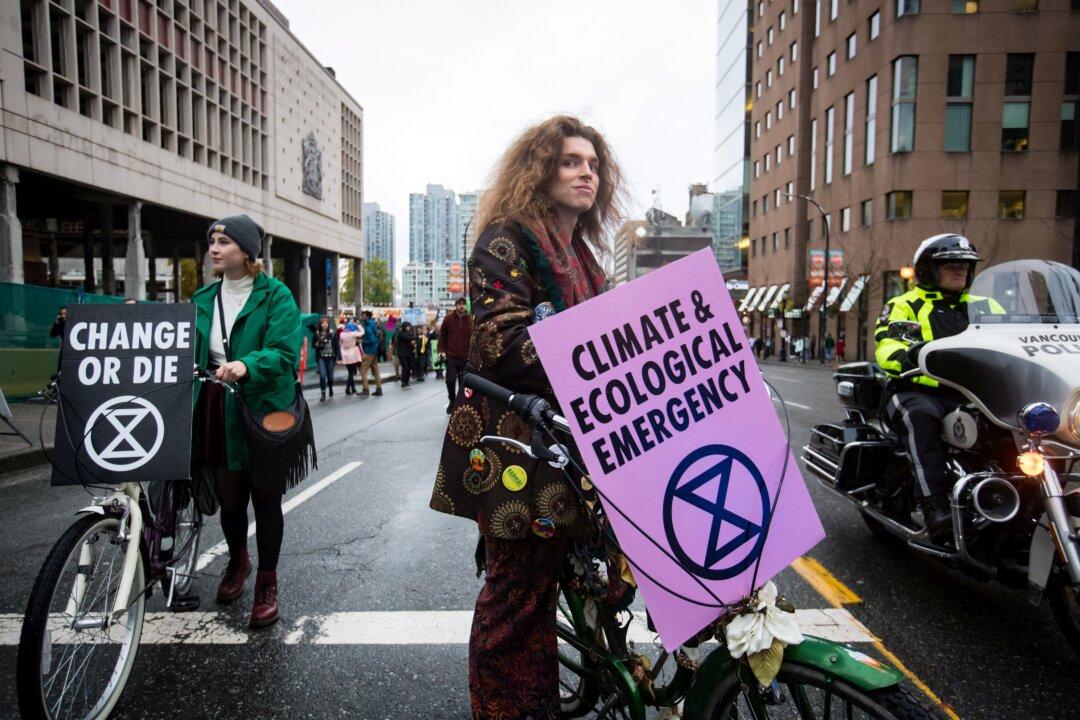Commentary
Unless you happen to live under a rock on a distant planet, you’re no doubt familiar with climate doomism, the idea that our planet is past the point of saving.

Unless you happen to live under a rock on a distant planet, you’re no doubt familiar with climate doomism, the idea that our planet is past the point of saving.